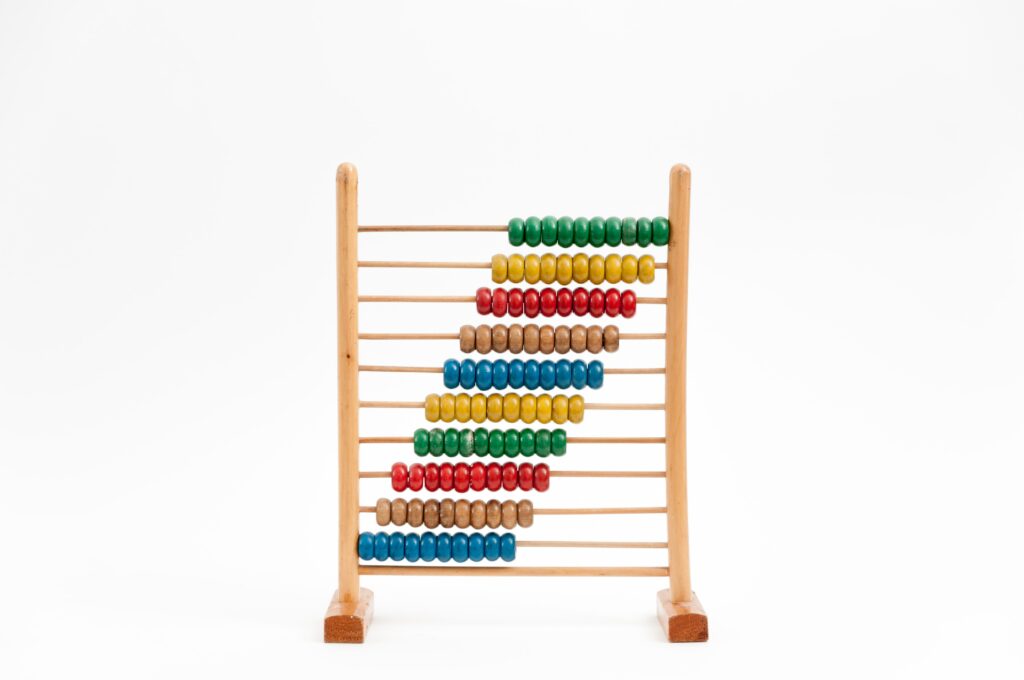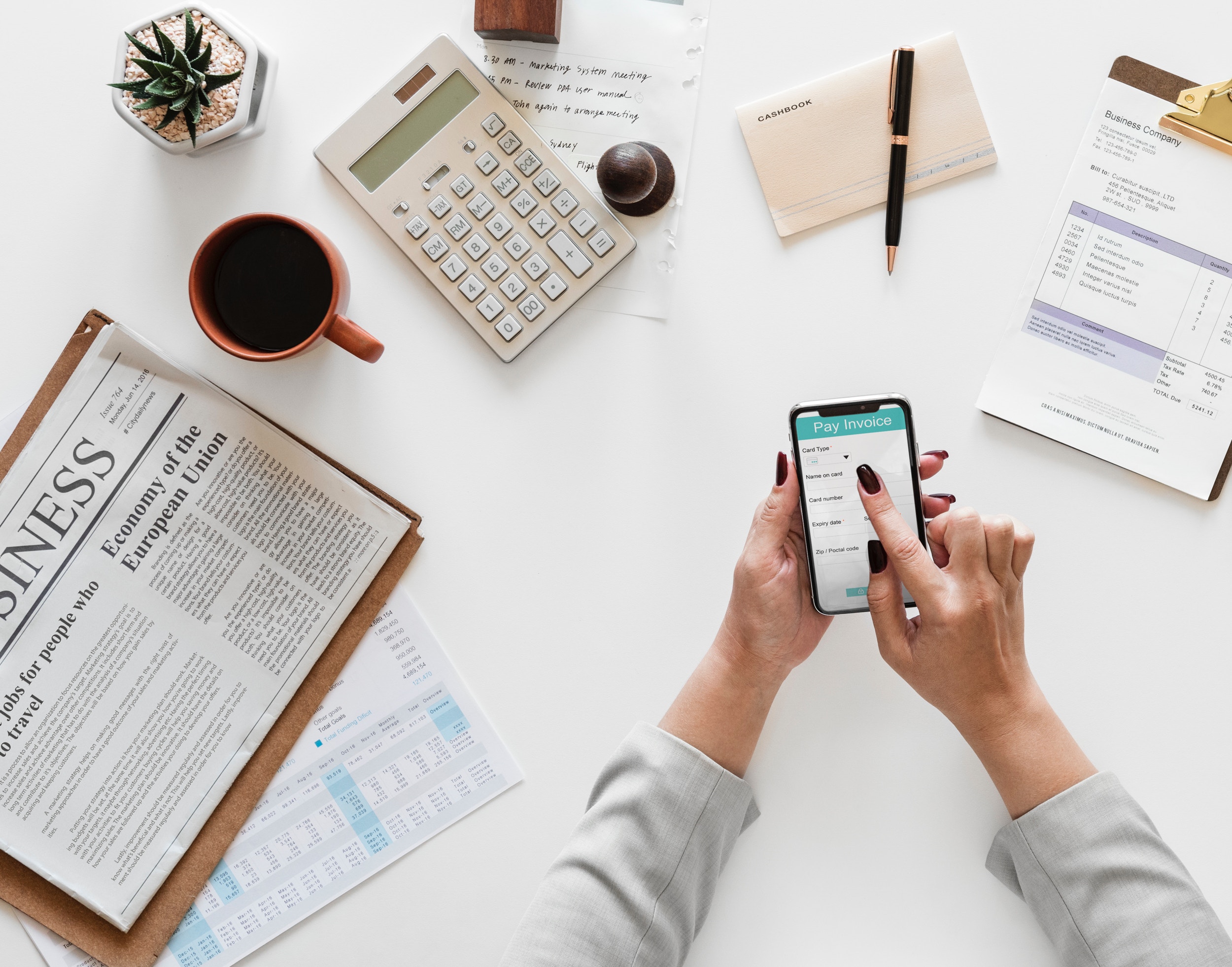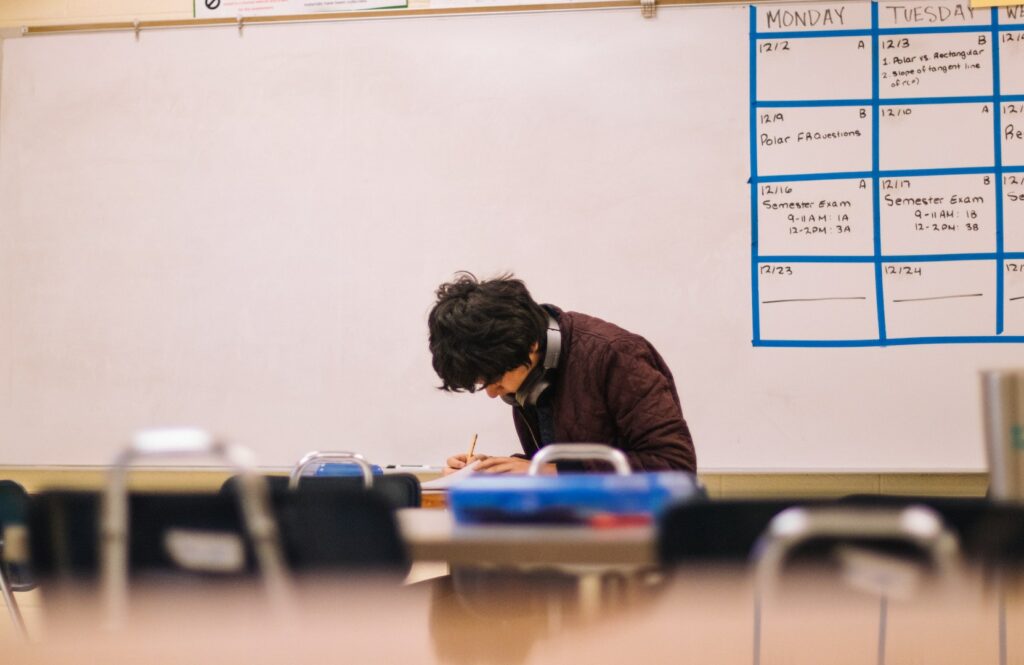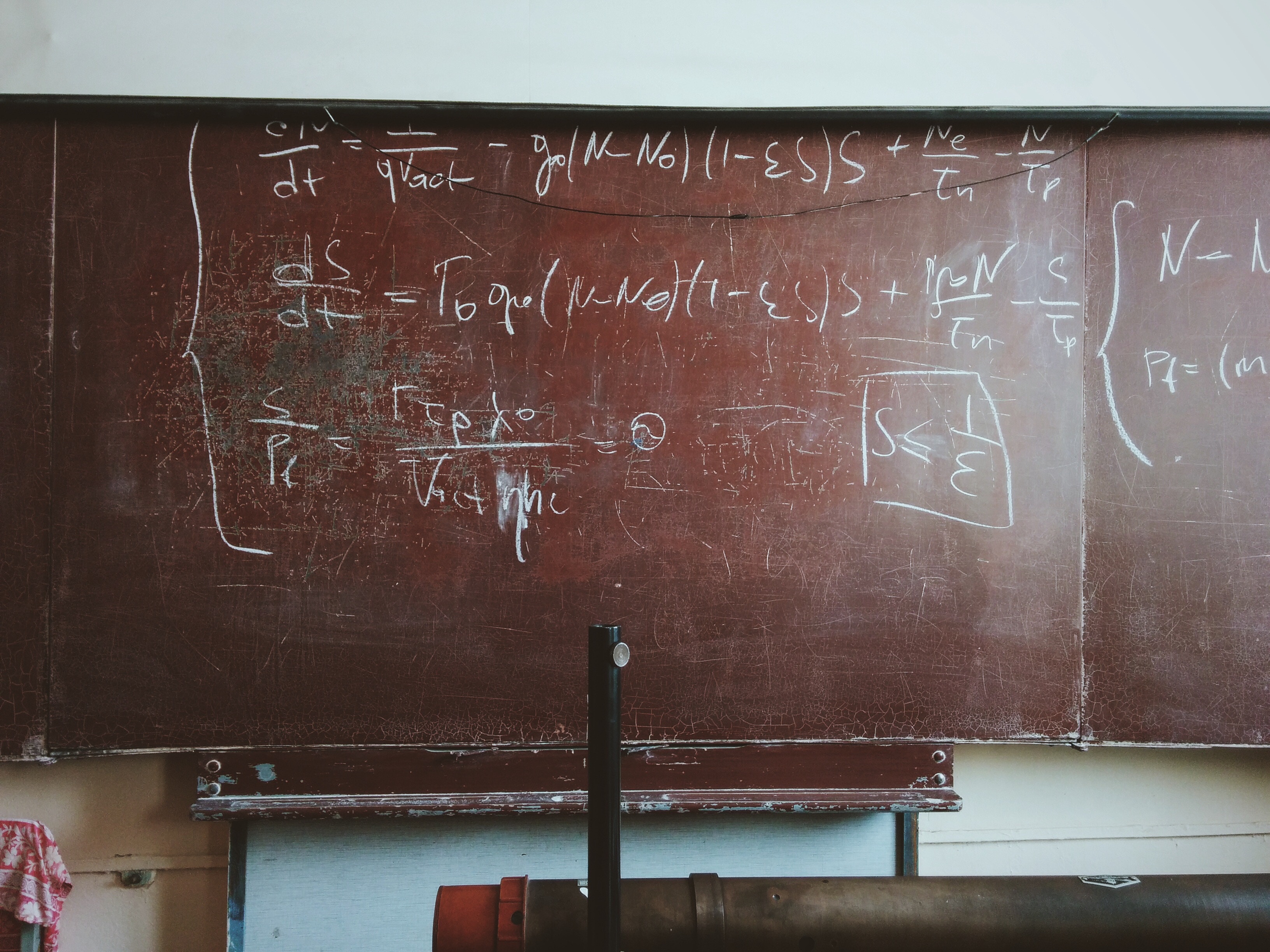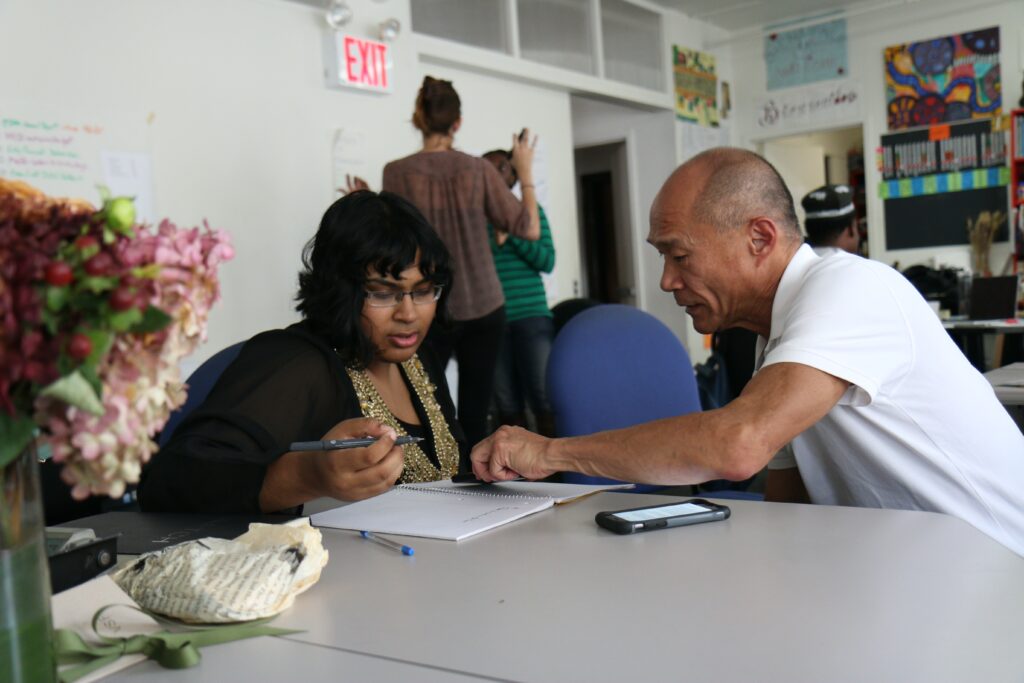A guest article from Elisheva Seeman the creator of the Dyscalculator.
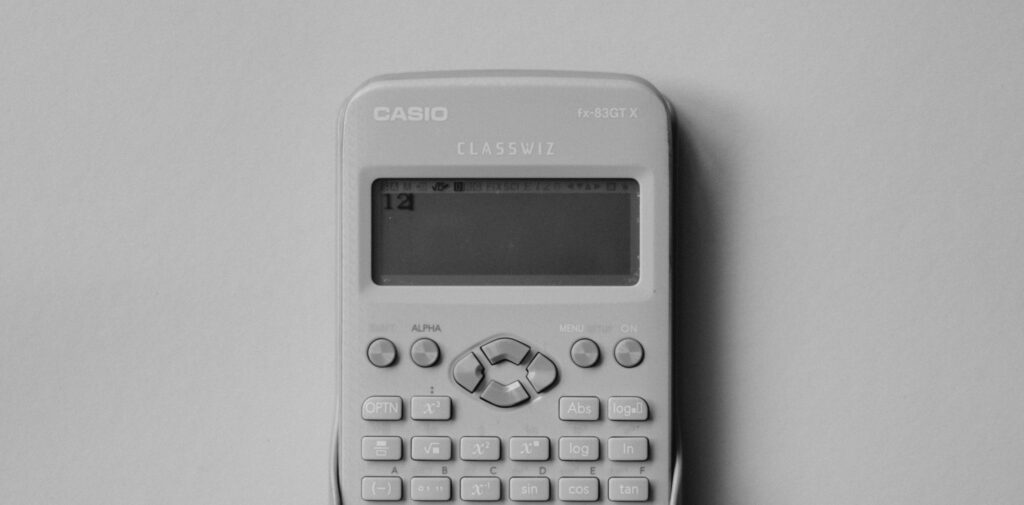
I first became aware of Dyscalculia when I noticed that my friend couldn’t read numbers. I couldn’t understand why she would always ask the people around her to tell her what number was written down or why she would repeatedly ask what time someone said they were picking her up. When I realised how much Dyscalculia affected her daily and how much it caused her to struggle in many areas, I decided to find her an app or website to do the calculations for her. I figured that she was not the only one with this issue – someone must have developed a program to help with that.
I was wrong – all the apps I found when searching were geared toward teaching math instead of offering tools to help people. So, I created an app specifically to help her with numbers – and she loved it! She used it every day in different ways, building up her confidence and helping her become less reliant on other people.
